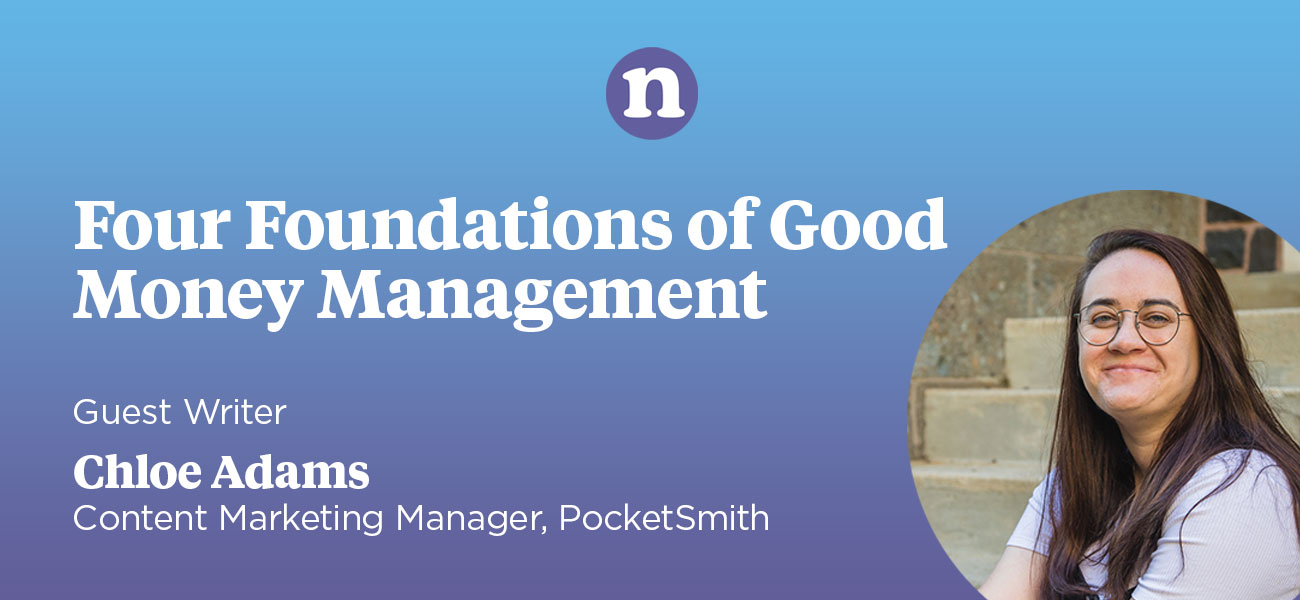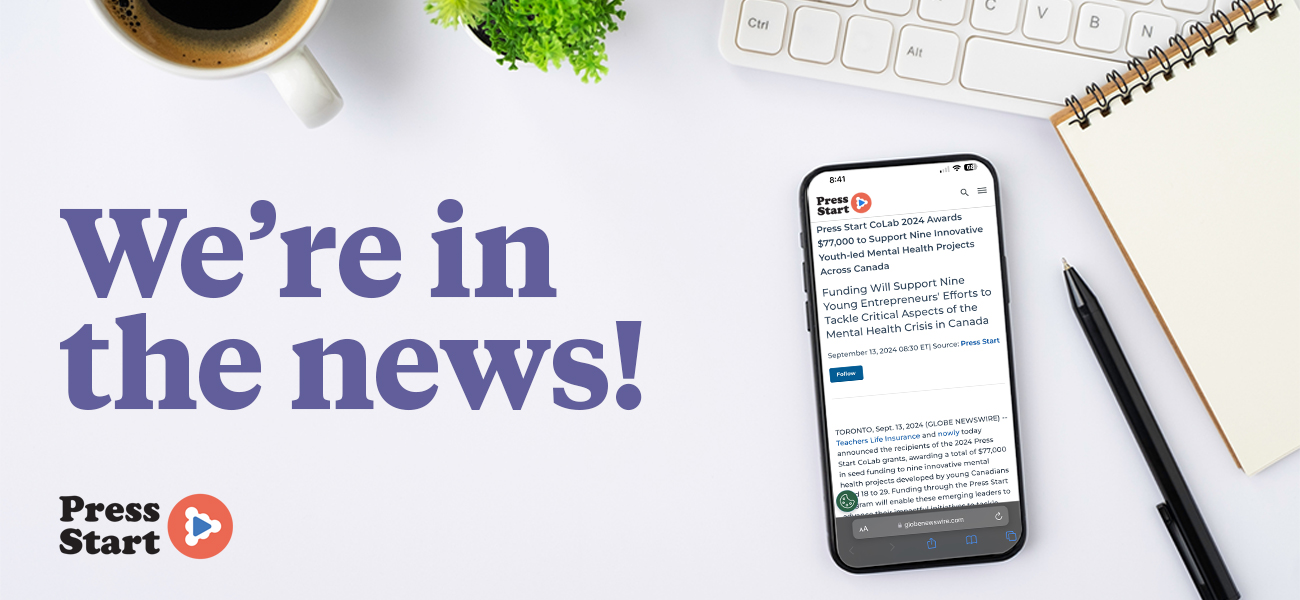nowly is a division of Teachers Life Insurance Society (Fraternal) (“Teachers Life” or “we”) which sells life, and accident and sickness insurance. All benefits are provided, and all policies are underwritten, by Teachers Life. nowly, Teachers Life and all trademarks used on this website are owned or licensed by Teachers Life. All rights are reserved. nowly products and services are available to residents of Canada in all provinces and territories, except Québec. Quotes are intended as an estimate only and are not guaranteed to be accurate. Your actual policy terms, including your premiums and coverage details may be different from the quote you receive, and, in some cases, we may have to review your application and ask for additional information. “Instant Coverage Now” is based on what most applicants may experience. It might take longer to be approved depending on the information you provide in your application, and you might not be approved for any coverage. Our 30-day money back refers to our 30-day free look period where you can cancel your policy and receive a full refund 30 days from the date of delivery of your policy or within 60 days after the date the policy is issued, whichever is earlier. You can cancel your insurance contract by notifying us in writing within the free look period that you wish to cancel. Always refer to your policy for the most detailed and accurate information about your coverage, including limits and exclusions. Your insurance policy will always prevail if there’s ever a conflict with the information found on this website or other materials or communications we provide to you. We reserve the right to change, remove or cancel any of the products, services, or member benefits on our websites at any time, without notice to you. For details about the benefits of being a member and your eligibility for member benefits, please read our Terms of Use. By using this website, you accept and agree to our website terms of use. Please contact nowly at help@nowly.ca or call: 416-620-1607 or Toll Free: 1-844-667-5433 if you have any questions. If you’re a nowly member, you can log in to the member portal at: members.nowly.ca if you have any questions.
Money is an inescapable part of our everyday lives, and effective management of your money is vital. It’s a no-brainer that well-managed finances will reduce stress and anxiety, but it will also ensure that you’re prepared for the future you want and any unexpected surprises life throws your way. And of course, so you get to enjoy the money you work hard for, too!
Neglecting to manage your money can lead to difficulties in paying for necessary expenses and bills, untenable consumer debt, negative perceptions of money and a huge amount of stress.
If you start putting these four foundational money management components into action, you’ll be well on your way to effectively managing your finances!

1. Budgeting — the bread and butter of money management
Budgeting isn’t just for the finance department at your job, it’s a plan for how you use your money to make sure you can do all of the things you want (and need). Simple budgeting starts with determining your income and subtracting your expenses to give you an amount for spending and saving.
Smart budgeting starts with living within your means. That means never spending more than you earn. Even if you can only save a little bit, it’s still worth doing. If you’re finding this difficult, you might benefit from the structure of an established budgeting system; there are so many out there! Zero-based budgeting, rollover budget, Barefoot, the 50/30/20 budget — just to name a few.
And you don’t need to go it alone. Personal finance software like PocketSmith can help you automatically store and organize your transactions, plan ahead with a budgeting calendar and track your net worth.

2. Planning for your financial future
Managing your money well today is what sets you up for a financially stable future. Planning ahead is an important part of money management, because it gets you thinking about how you can prepare for your wants and needs in the future, in real time. You can do this passively through saving, or actively through things like investing and other wealth creation activities.
It also pays to plan for a future you can’t predict. Whether it be a car accident, a medical event or something breaks in your home, you’re sure to be hit with an unexpected event at least once in your life. By having a healthy emergency fund and the appropriate insurance coverage, you’ll make sure that you, and your financial plan, can remain on track.

3. Considering your spending habits
Establishing a financial plan is one thing, but sticking to it is another. What are your spending habits like? Do you go on a shopping spree every time you’re stressed? Is buying lunch every day costing you a lot over the long term? How many subscriptions do you pay for that you actually use?
If you find your spending habits are getting away from you, you’ll be more tempted to dip into your savings and stall your progress. Once you’ve established how much of your income is left over for spending, get clear on where your money is actually going. You can do this by auditing your transactions to see where money can be reclaimed from lifestyle leaks. Taking charge of knowing where your money is going and prioritizing what really matters (and getting rid of what doesn’t) can completely change how you manage your money.
4. Cultivating a positive money mindset
While it might seem a bit idealistic, good money management does start with the mindset that you have. Building a positive relationship with money will make all the other aspects of personal finances easier. Money is intensely personal, and everyone has their own attitudes and goals. Identifying your mindset will help you manage your finances in a way that’s meaningful to you.
Maybe you’re a net worth nurturer who likes to invest and work multiple side hustles to grow your wealth. Maybe you’re a budget organizer taking care of the family’s finances. Or maybe you’re a global citizen, with accounts and assets across multiple countries.
Making money management an integral part of your lifestyle builds over time — the sooner you start, the sooner you’ll improve your financial position, and financial confidence too!













